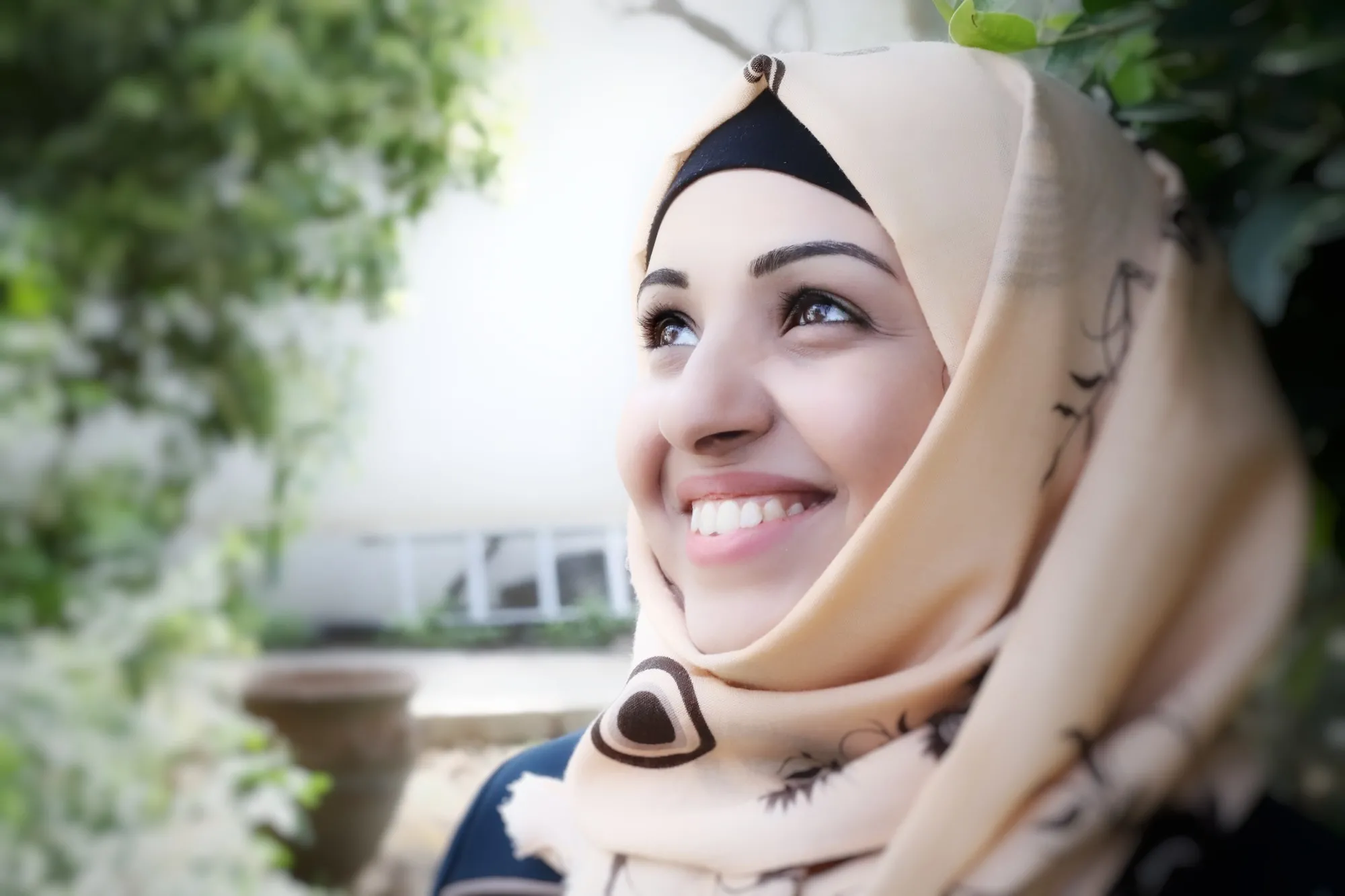For World Humanitarian Day 2019, we’re sharing perspectives from CARE’s humanitarian workers around the world. Ahlam began her job as a hygiene promotion field officer, providing hygiene kits and working closely with community leaders to assess water and sanitation needs, in Yemen in May and is learning to handle stereotypes and other challenges in the field.
As a woman humanitarian I have to deal with multiple challenges and stereotypes. There is a feeling from some colleagues that as a woman I may not be able to manage frequent field travel. My family is always concerned about me traveling — mostly with male colleagues —to the field. Beneficiaries ask me personal questions like, “Are you married?” and “How do you work as a woman?” This is particularly common when I meet communities who are not familiar with women in formal employment.
After I graduated from university, I knew I wanted to work in the humanitarian sector. I was lucky to get a job with CARE Yemen in Sana’a. After six years as an administrative assistant, I had a strong desire to move into program work. I wanted to travel to the field, meet the people we serve and see first-hand the great work CARE is doing. I was so excited when I became a hygiene promotion field officer in May this year – my dream had come true.
As someone new to the field, I feel an enormous sense of motivation when I see that CARE’s assistance really is reducing people’s suffering. It makes me feel that against all the odds, we can still put a smile on people’s faces. I am constantly motivated by the resilience of the communities I meet.
I’m studying for a master’s degree, so I must balance my studies, work, and the household chores my family still expects of me. As a Yemeni woman, traveling to the field without a male guardian worries my family a lot, and I frequently must reassure them that I am fine and that all is well.

